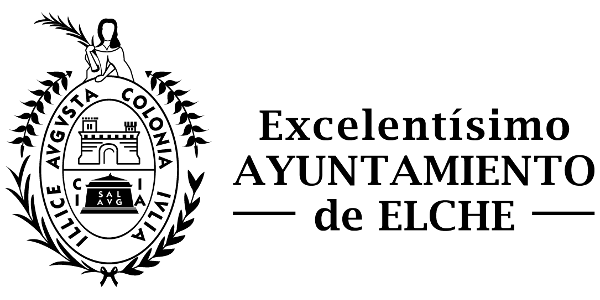Speaker

JAVIER CEJUDO
UNIVERSITY OF CASTILLA-LA MANCHA. SPAIN
Dr. Javier Cejudo is Associate Professor in the Area of Developmental and Educational Psychology and Vice Dean of Practices, Studies, and Research at the Faculty of Education in Ciudad Real (UCLM). He teaches in the Bachelor’s Degree in Primary Education, the Master’s Degree in Research in Applied Psychology, and the Master’s Degree in Secondary Education Teaching, Vocational Training, and Language Teaching. Additionally, he is a collaborating professor in the Emotional Intelligence Master’s Program at UNED. Regarding his academic background, he holds a Bachelor’s Degree in Psychology from the Complutense University of Madrid, a Bachelor’s Degree in Educational Psychology, a Master’s Degree in Innovation and Research in Education, and a Ph.D. in Education with extraordinary doctoral award from UNED.
He is the Principal Investigator of the Project funded by the Ministry of Science and Innovation of the Spanish State: Jane Austen Adolescent Emotional Education Program, based on evidence and sustainability (PID2020-115624RA-I00).
He is a founding member of Eduemo Lab (Emotional Education Laboratory at UNED) as an academic collaboration framework between researchers from UNED and UCLM. He has been a member of the following scientific societies: Scientific Association of Psychology and Education (ACIPE), Ibero-American Association for Research on Individual Differences (AIIDI), Spanish Society of Pedagogy (SEP), and the Professional Association of Guidance Counselors of Castilla La Mancha (APOCLAM).
His main line of research is related to the promotion of emotional intelligence education and socio-emotional competencies in the educational field at the stages of Early Childhood Education, Primary Education, and Secondary Education, as well as the evaluation of the effects of these programs on children and adolescents. Other current research lines focus on teacher training in emotional education.
Educational interventions to promote mental health in adolescence: reflections from practice

The current educational regulations stipulate that emotional education will be addressed in all subjects. In this sense, emotional education is a planned educational process developed through universal programs, of a preventive nature aimed at developing emotional intelligence (EI) and socio-emotional competencies (SEC) with the aim of fostering the integral development of students’ personalities and promoting personal and social well-being (Pérez-González, 2008). Furthermore, we believe it is important to include emotional education in various subjects and courses at different educational stages.
Some authors highlight the relevance of educational psychology in the prevention and promotion of child and adolescent mental health (e.g., Garaigordobil, 2023). Likewise, important empirical evidence is currently being obtained regarding the possibility of improving EI levels through theoretically founded and well-structured socio-emotional education programs. In this regard, some meta-analyses and systematic reviews conclude that there is sufficient but still limited evidence that EI can be enhanced: in childhood and adolescence, research suggests that these interventions promote psychosocial adjustment and well-being (e.g., Brackett et al., 2012; Cejudo, 2017; Rivers et al., 2013; Ruiz-Aranda et al., 2012), positive effects on classroom climate (Hagelskamp, Brackett, Rivers, & Salovey, 2013), increased EI and happiness, as well as decreased psychosomatic symptoms and emotional instability (Sarrionandia & Garaigordobil, 2017).
In this regard, the purpose of this symposium is to reflect, discuss, and make contributions, from an applied and empirical standpoint, on recommendations for implementing interventions that promote socio-emotional learning and mental health of children and adolescents in the school context.










